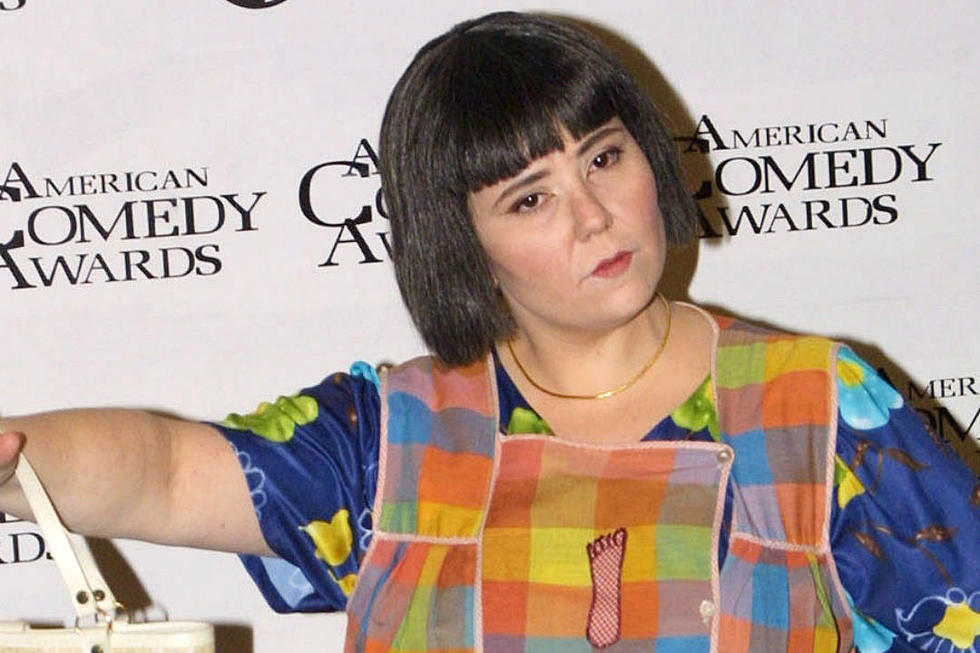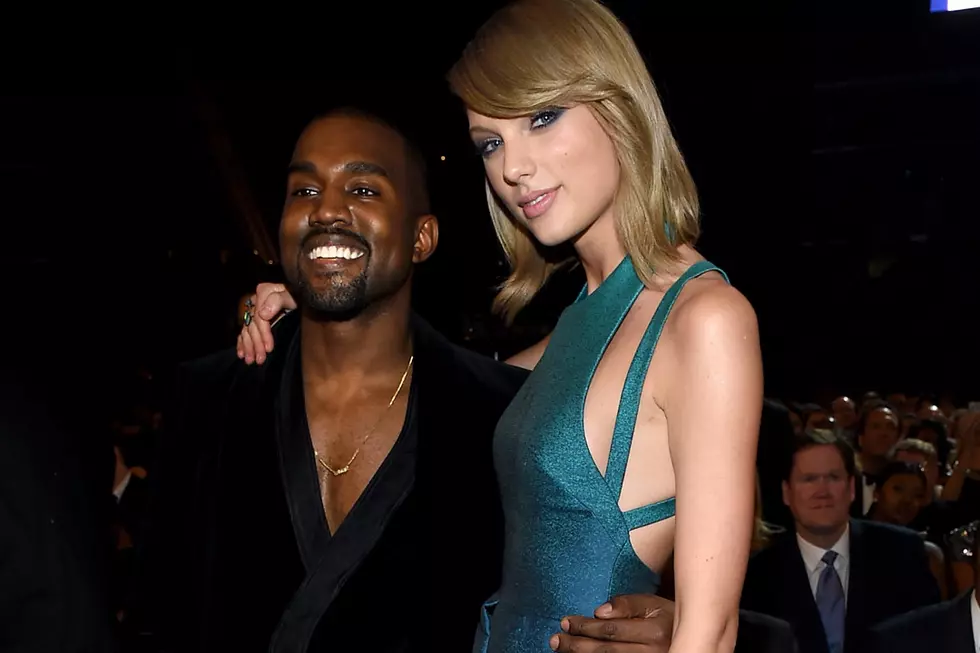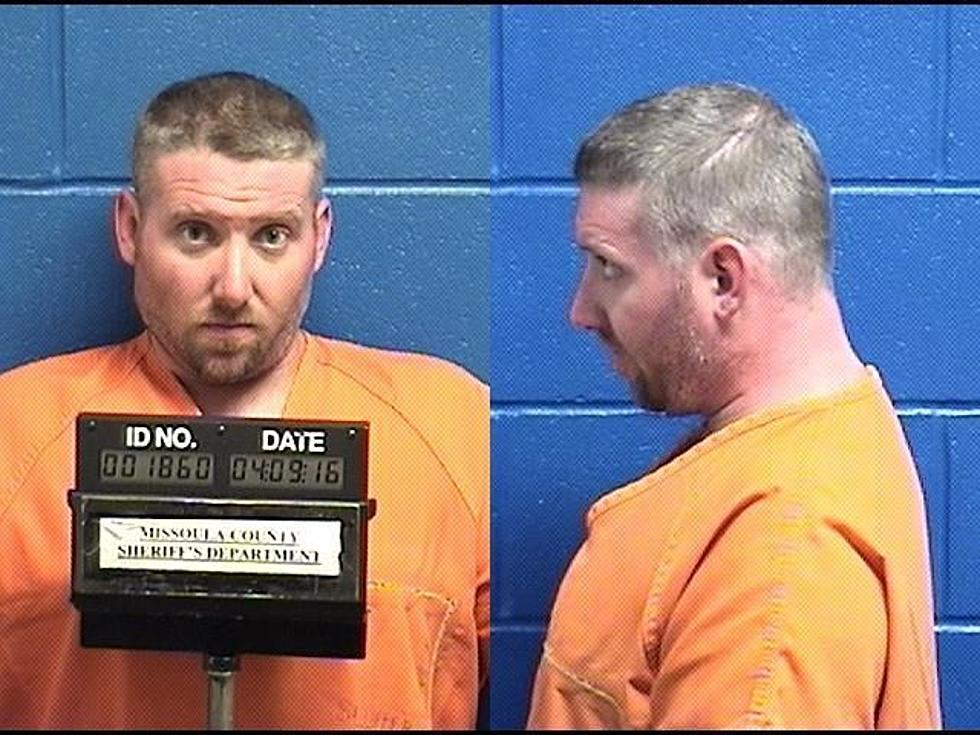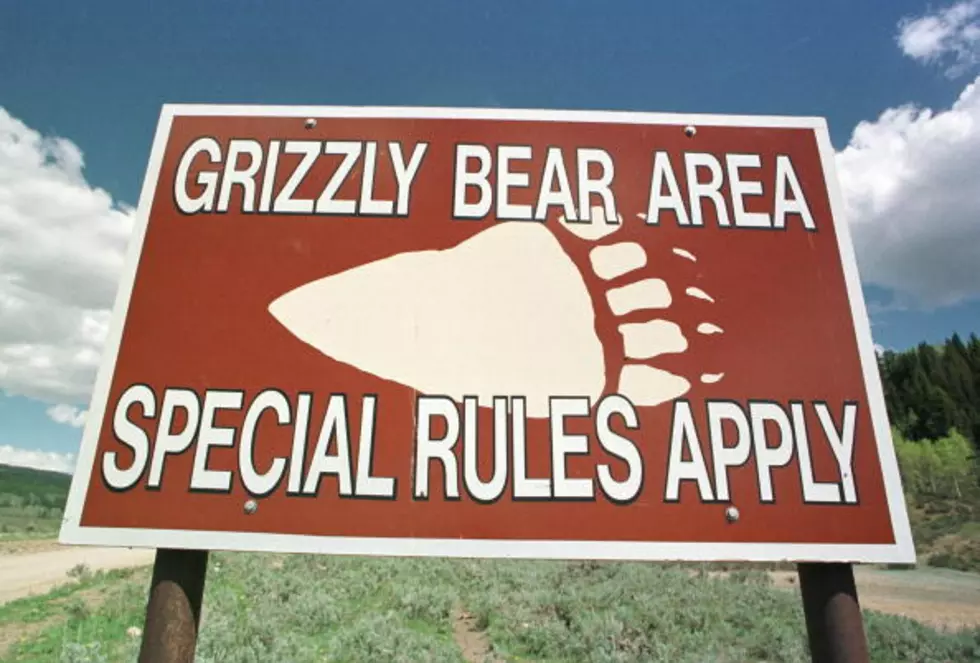
‘Green Room’ Review: One of the Most Intense Movies in Years
I would like to formally apologize to the Park Avenue Screening Room for permanently denting two of their armrests. It couldn’t be helped. I was watching Green Room, which might be the most intense thriller of the last five years, and I needed somewhere to release all that tension. If the damage can’t be repaired, please send the bill to Jeremy Saulnier, the film’s director. It’s all his fault.
Saulnier, who previously directed the also-outstanding Blue Ruin, makes movies of unusual ferocity. He like to follow ordinary people into insane situations, then witnesses their desperate struggle for survival with a pitiless, unflinching eye. His thrillers are ruthless in the best way possible; Saulnier feels no sentimentality for his characters or his audience, so there’s no guarantee of justice, much less a happy ending, for anyone. That means no one is safe and anything can happen, which generates some serious stakes and maximum suspense. Both Blue Ruin and Green Room are basically cinematic torture devices, designed to make both their characters and their audiences squirm.
Both movies are about the deadly fallout of a murder; in Saulnier’s work, violence’s unanticipated consequences can never be contained. In Blue Ruin, a man gets revenge on his parents’ killer, then must fend off the killer’s relatives’ own quest for vengeance. In Green Room, a punk band takes a lucrative gig at a club run by white supremacists, stumble onto a crime scene, and then have to fight their way to safety. They are the Ain’t Rights, an apt name given their current situation; the movie opens with their tour van stuck in the middle of a cornfield and their bassist, Pat (Anton Yelchin) waking up behind the wheel. The couple of days that follow are so nightmarish, it’s tempting to argue the whole movie is some kind of horrible dream.
No one was hurt in the accident, but the band’s out of gas, and they have no money to get more. After siphoning some out of a nearby car, they arrive at their next show only to find it’s been relocated to a Mexican restaurant; their pay for the concert amounts to $6 per band member: Pat, vocalist Tiger (Callum Turner), guitarist Sam (Alia Shawkat), and drummer Reece (Joe Cole). The band’s so broke they don’t have enough money to get home, so they agree to give an impromptu performance for the skinheads. To some extent, they know what they’re getting into; the fan who gets them the gig warns them not to make political comments and to stick to their earlier songs. But what choice do they have?
Their choices become even more difficult after the band accidentally comes across a dead body backstage. Before the Ain’t Rights can realize what’s happened, several of the skinheads, including Gabe (Blue Ruin star Macon Blair), steal their phones and lock them in the venue’s green room. The cops arrive but Gabe quickly gets rid of them. There’s no way out. There’s no hope of rescue. And the club’s merciless owner (a terrific Patrick Stewart) has no intention of letting a bunch of punk rockers ruin his business.
The setup is that simple; punks versus Nazis in an abandoned, remote rock hall. The brilliance is all in the execution, which is just about perfect, from the score of hard-rocking music (and ear-piercing feedback) to the gritty cinematography by Sean Porter. More importantly, Saulnier’s screenplay puts a premium on logically sound decisions; this is not one of those movies where you sit in your seat moaning at the characters for going up the stairs when they should be heading for the exit. Every choice is reasonable. Every action makes sense, up to and including some of the second and third act twists. That makes the escalating body count that much sadder. The tragedy seems inexorable.
Before their tour goes to hell, the Ain’t Rights give an interview to a college journalist where they explain their philosophy about music. Unlike so many of their peers, the band doesn’t do social media or digital recording. Music, Pat says, is about “time and aggression” and it needs to be experienced live; if you put it online and take it out of its natural environment, you “lose the effect.” I wonder if Saulnier is also alluding to the theatrical moviegoing experience with that philosophy, as Green Room is best experienced in a big, dark room with a bunch of people, so that you can hear the gasps when someone gets stabbed and no one can look away to a phone or computer when things get really extreme.
If there’s a larger meaning to Green Room, it might be in extrapolating this one band’s life-or-death struggle (mostly death; this movie is dark as hell) as an allegory for artists who put everything they have into their art, not because it makes them rich but because, to them, there’s no life without creation; if they stop creating they might as well be dead. But these are things you think about after the movie. During the movie, Saulnier barely gives viewers time to breath, much less ponder the film’s larger philosophical implications.
More From 96.9 Zoo FM





![Everclear, Sugar Ray, Lit & Sponge in Montana [CONCERT]](http://townsquare.media/site/108/files/2016/04/483989086.jpg?w=980&q=75)




